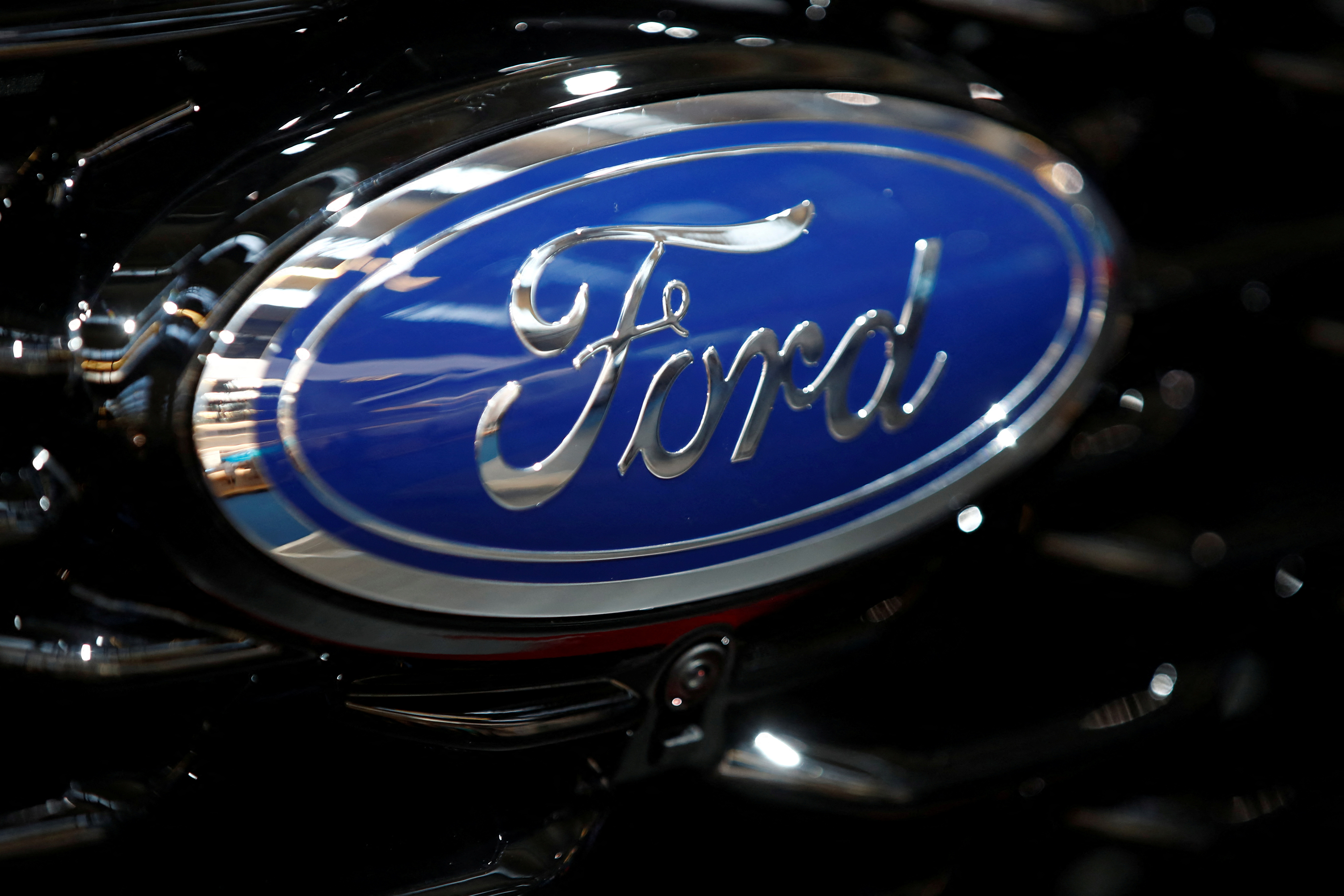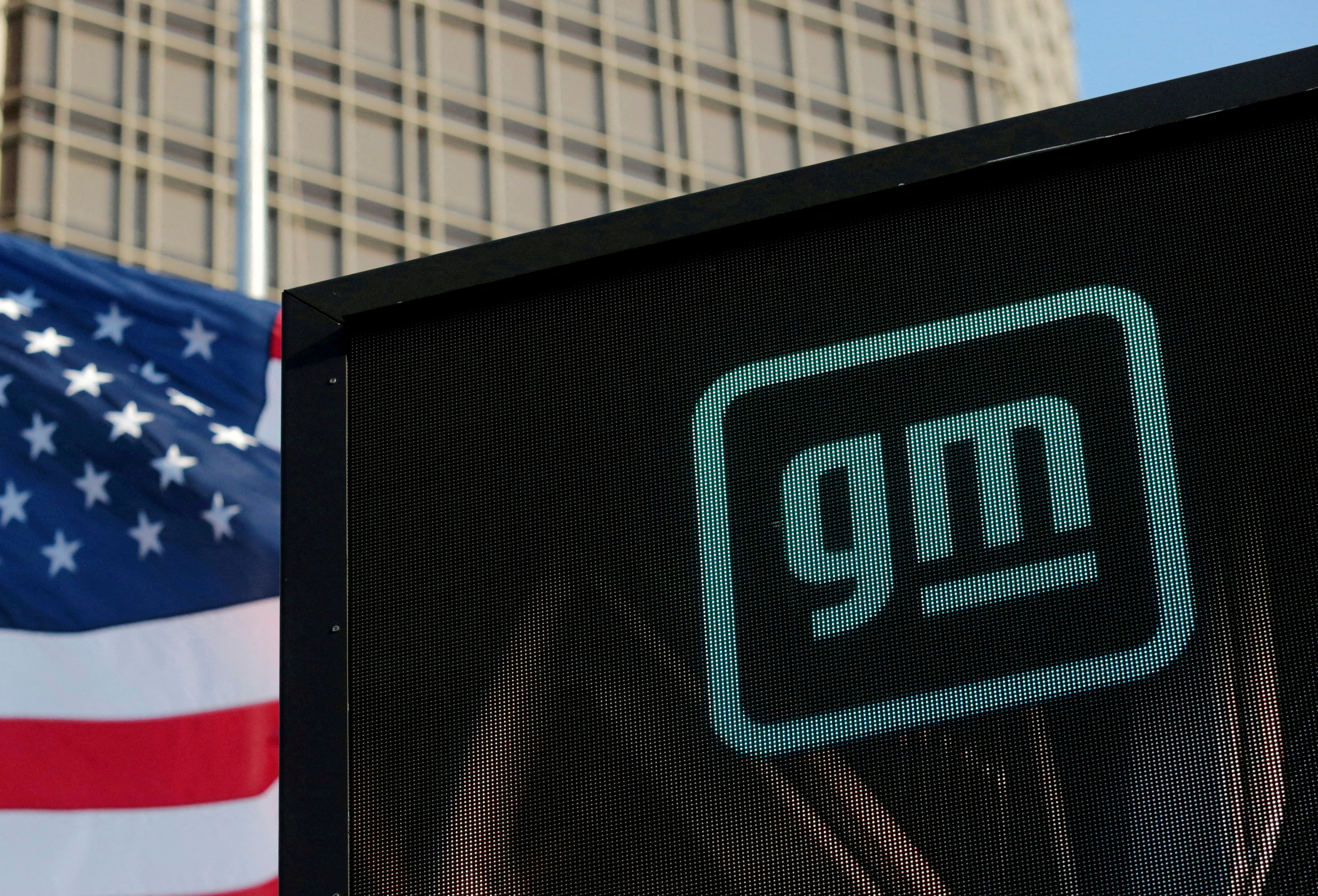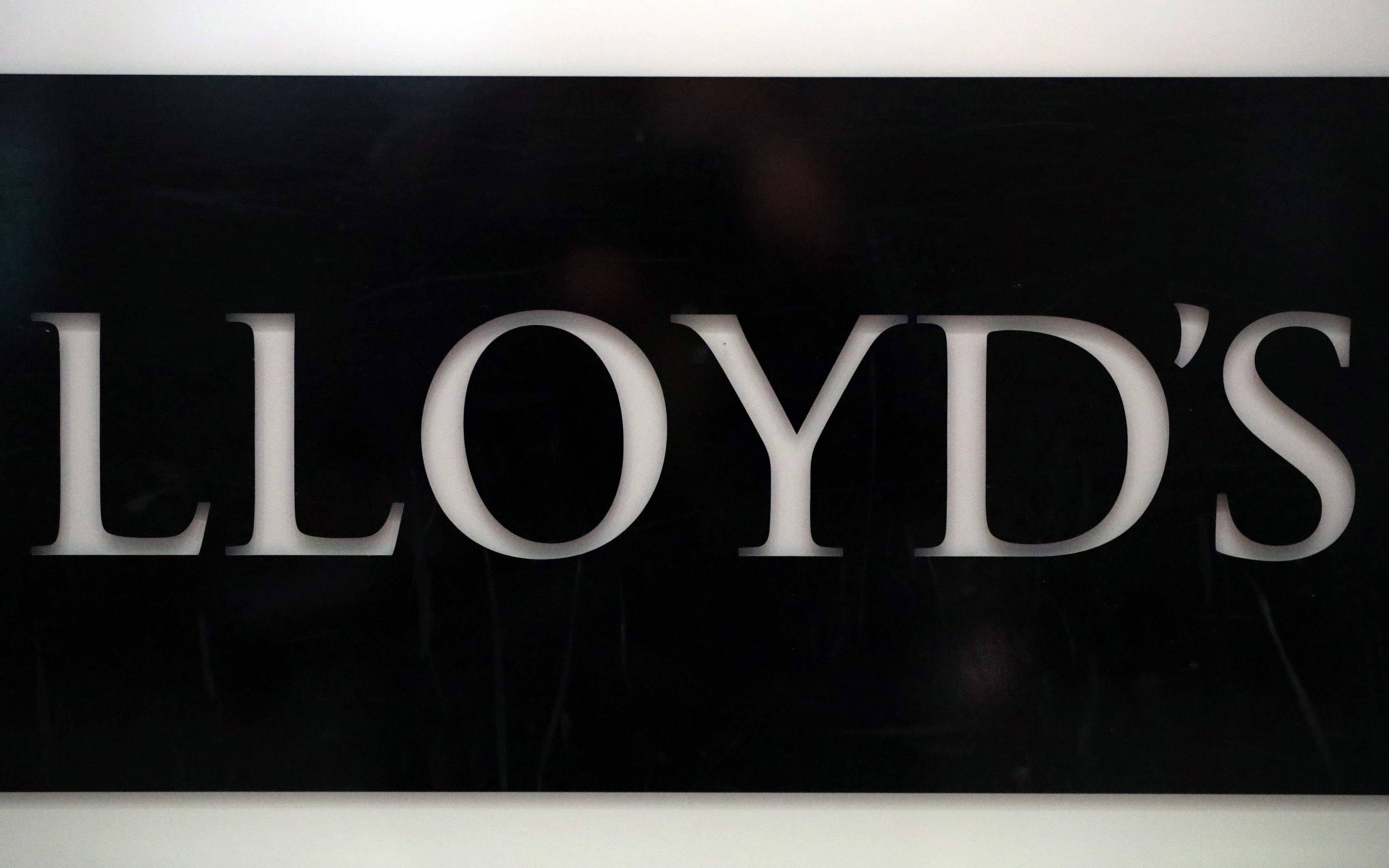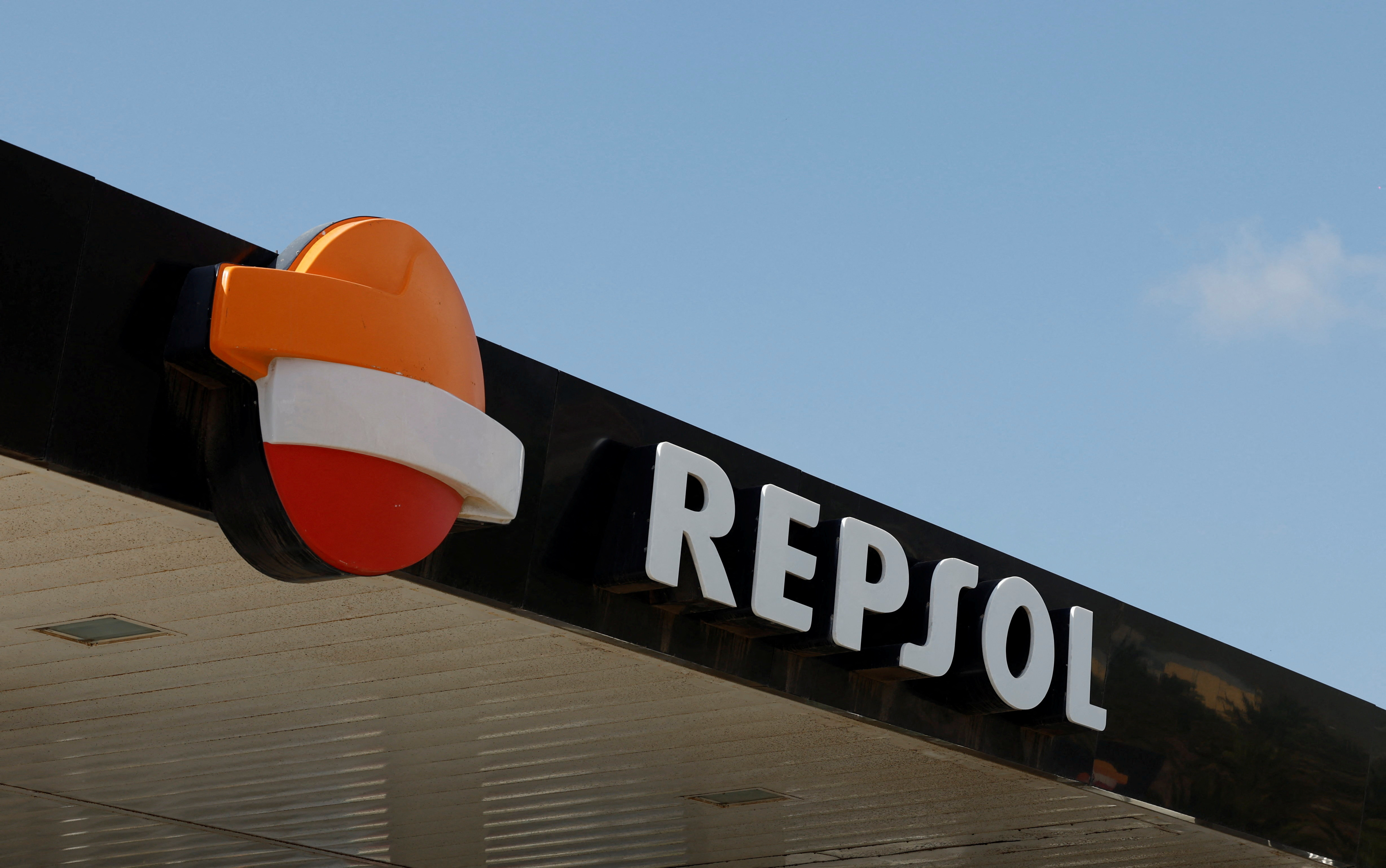US prosecutors urge jurors to convict Trump ex-adviser Navarro for contempt of Congress
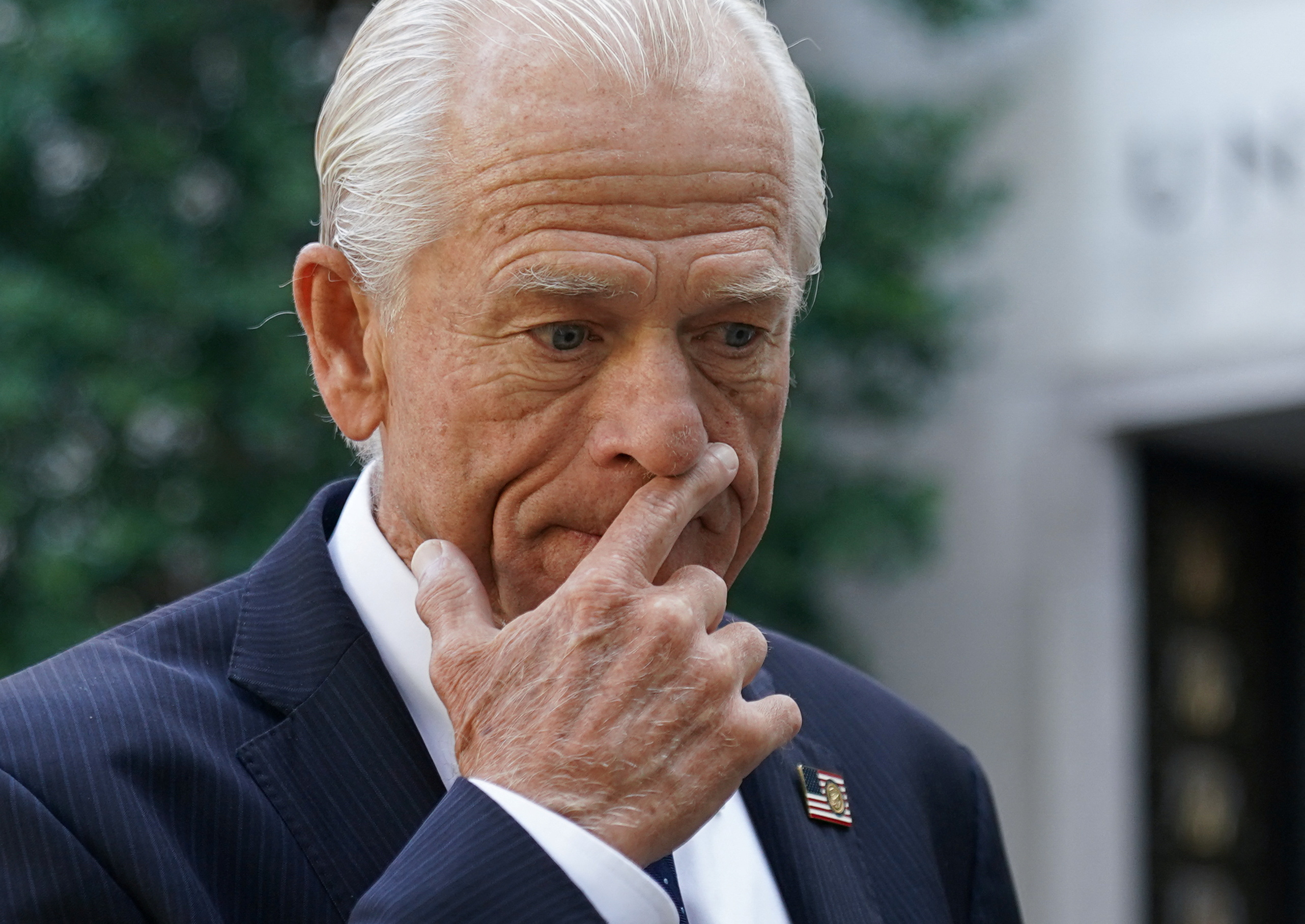
Peter Navarro, adviser to former U.S. President Donald Trump, stops to speak as he arrives for opening arguments in his trial on contempt of Congress charges for refusing to cooperate with the House of Representatives committee investigating the January 6, 2021 attack on the Capitol, at U.S. District Court in Washington, U.S., September 6, Acquire Licensing Rights
WASHINGTON, Sept 6 (Reuters) - Federal prosecutors on Wednesday rested their case against former President Donald Trump's adviser Peter Navarro on charges of contempt of Congress after calling three witnesses, urging jurors to convict him for spurning a committee that subpoenaed him in its probe into the 2021 U.S. Capitol attack.
The prosecution delivered its opening statement to the jury then quickly presented its witnesses - three former staff members of the Democratic-led House of Representatives select committee tasked with investigating the Jan. 6, 2021, rampage by Trump supporters who stormed the Capitol and fought with police.
"Mr. Navarro ignored his subpoena," federal prosecutor John Crabb told the 12 jurors. "He acted as if he's above the law, but he's not above the law."
Navarro's lawyers, limited by the judge in the type of defense they could mount, opted to rest their case without presenting any witnesses or evidence.
Navarro, a hawk on China policy who advised Trump during his presidency on trade issues and also served on the White House COVID-19 task force, was charged last year with two misdemeanor counts of contempt of Congress after refusing to comply with a subpoena issued in February 2022 by the committee seeking testimony and documents.
He has pleaded not guilty to the charges, which could carry a minimum of 30 days and a maximum of one year in jail.
Ahead of the trial, Navarro and his attorneys had argued that he was unable to comply with the subpoena because Trump invoked executive privilege, a legal doctrine that shields some executive branch records and communications from disclosure.
But U.S. District Judge Amit Mehta ruled that Navarro could not use this as a defense after the defendant was unable to prove that Trump did in fact invoke executive privilege.
Stan Woodward, one of Navarro's defense attorneys, told jurors in his opening statement that most of the evidence in the case was not in dispute.
Woodward said Navarro's failure to respond to the subpoena was not "willful" and promised jurors they would see evidence that Navarro told committee staffers they should reach out to Trump directly to hash out the details first over what the "contours of that privilege meant."
Closing arguments are expected on Wednesday, with jurors due to begin deliberations after that.
Steve Bannon, another key associate of Trump, was convicted last year of contempt of Congress for defying a subpoena from the same committee and sentenced to four months in prison.
The committee sought to interview Navarro about a plan devised by him and other Trump allies to delay Congress from certifying President Joe Biden's 2020 election victory. Navarro later detailed the plan, which was called the "Green Bay Sweep," in a book he wrote after leaving the White House. The committee ultimately issued its investigatory findings last year without getting the chance to interview Navarro.
Prosecutors said that Navarro was required to show up to a deposition and invoke the privilege on a question-by-question basis. He also was required, they said, to hand over a document log explaining the legal basis for why each record should be withheld from Congress.
"Congress believed that Mr. Navarro had information about what happened on Jan. 6, or more specifically about why it happened," Crabb said. "So Congress issued Mr. Navarro a subpoena. It wasn't voluntary. It wasn't an invitation."
The three prosecution witnesses confirmed to the jury that Navarro never showed up to testify or produce documents. The prosecution also entered some emails into evidence.
In one February 2022 email to a committee staffer who had reached out to Navarro to ask if he would accept service of the subpoena and whether he had an attorney, Navarro replied: "Yes. No counsel. Executive Privilege."
Navarro clarified in a later email that his hands were "tied" because Trump had invoked executive privilege.
"It is neither my privilege to waive or Joseph Biden's privilege to waive," Navarro wrote, telling the panel to deal with Trump's lawyers directly on the matter.
Former panel staffer Daniel George said during cross-examination that his team never reached out to Trump's lawyers about the subpoena, but also noted that Trump's lawyers never reached out to his team.
Reporting by Sarah N. Lynch; Editing by Will Dunham
Our Standards: The Thomson Reuters Trust Principles.
